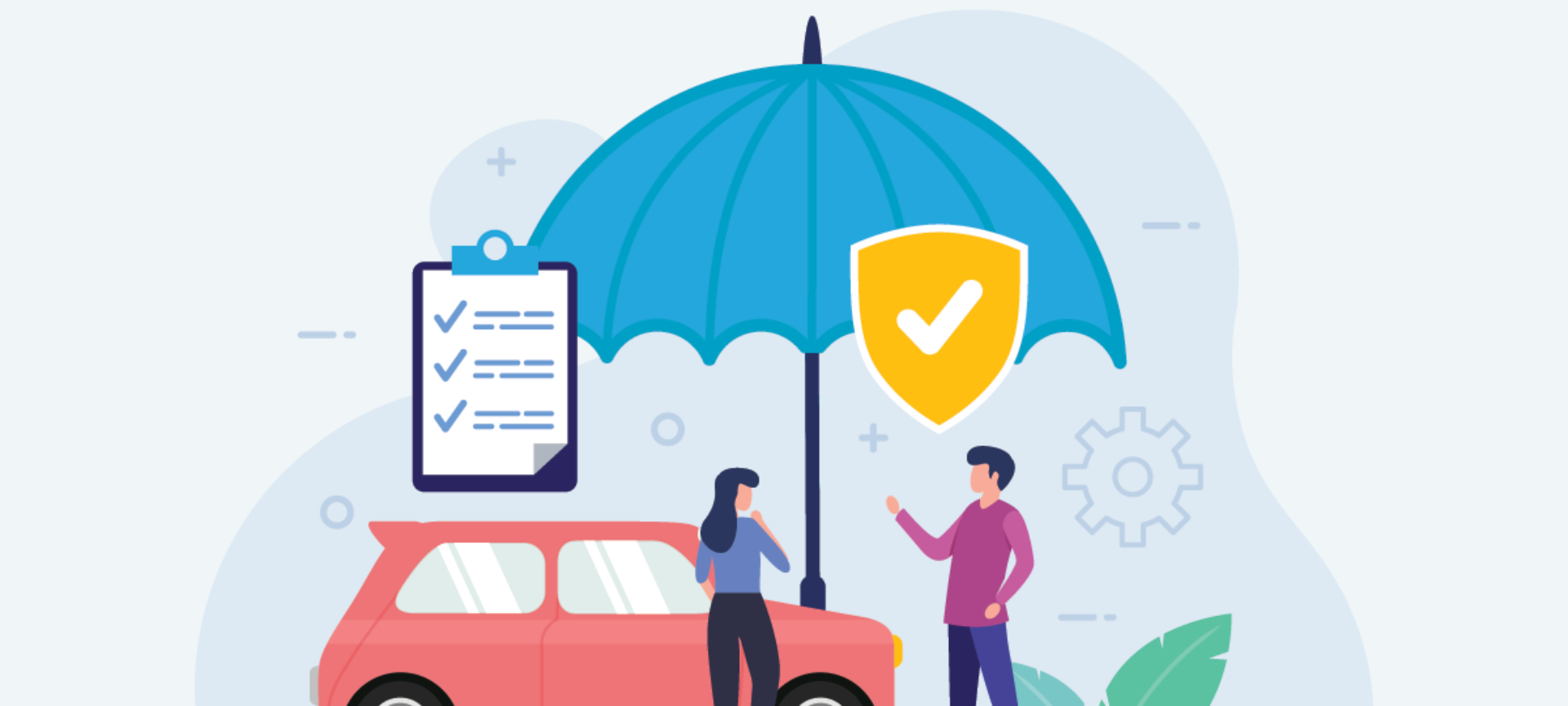Black box cover could make insurance more affordable and improve your standard of driving too!
Insurance is one of the most painful things about being a young driver – unfortunately there’s no way around it. According to Quotezone, the average annual car insurance premium for a 17-21 year old driver is £948.95.! Ouch! Telematics (or ‘black box’) insurance is one way to reduce the price of cover and encourage good driving habits at the same time. So, if you drive well it should be a win-win.
What is telematics insurance?
If you opt for a telematics policy, a ‘black box’ is fitted to your car. This combines a GPS unit, a motion sensor and a SIM card to transmit data. It detects where the car is, how fast it is being driven, and how hard the car is accelerating, braking and cornering.
How is the data used?
The information the black box collects is fed back to the insurer, and used to reassess your premium at regular intervals. Obeying the speed limit, avoiding harsh acceleration and braking, and driving at low-risk times of day can all contribute to a reduced bill. In some cases, there are other forms of reward or special offers for safe and responsible driving. This could mean extra miles are added to a limited mileage policy, or you will receive vouchers and free gifts.
Can I check up on how well I am driving?
Yes, you can. Telematics insurance providers usually have a portal or app through which drivers can easily see if their driving is up to scratch. By checking back regularly you can tell if you are improving your skills or slipping into bad habits. It’s a great aid to help you improve your driving knowing your driving is being monitored like this.
‘’good driving can be rewarded with a lower premium’’

Are my parents also able to see my driving scores?
Typically, any named driver will have access to the feedback scores, so if your parent is named on the policy, they will be able to see how well you are doing. Some insurers have found that simply knowing that mum or dad can see the feedback improves young people’s driving.
Can my parents have a telematics policy with me as a named driver?
There are plenty of telematics insurance providers who cover older drivers. But don’t be tempted to name your parent as the main driver unless they really are going to do most of the miles. If your insurer finds out that you’ve fibbed about who the main user of the car is, they’ll have caught you committing fraud. It could invalidate your insurance cover. Also, if you aren’t the main driver on the policy then with most insurers you won’t build up a no-claims discount. So, in the long run it’s best for you to be the main driver, even if the car is also sometimes used by a parent.
What are the drawbacks of a telematics insurance policy?
Some policies set curfews that restrict young drivers from getting behind the wheel at night, they are few and far between but worth watching out for. Whether that’s a good or bad thing depends on your point of view. You may be frustrated that you can’t give your mates a lift home from the pub, but your parents may be relieved… Also, just as good driving can be rewarded with a lower premium, so poor driving can lead to a higher insurance cost – even if you haven’t had an accident. That’s not universal, though. Some companies are all carrot and no stick, and don’t increase premiums for bad driving unless it has led to a claim.
What other restrictions might there be?
Mileage limits are quite common. Generally, these are set when the policy is taken out, and can be extended at extra cost. Some insurers offer bonus mileage as a reward for safe and careful driving.
Is telematics insurance right for me?
In most cases, ‘yes’ as you should be able to find more affordable cover by choosing a telematics policy. And it encourages safe driving too. Win-win.

How to drive with a black box
Black box insurance can save a new driver a small fortune compared to a regular policy, but you’ll need to drive well to maximise your saving. Here’s how…
Stick to the limit
Pretty obvious really. Don’t speed! Not only will you stay the right side of the law and avoid penalty points that could cost you your licence, but you’ll be also scoring brownie points with the black box. Don’t confuse obeying the speed limit with driving slowly. Your insurer isn’t expecting you to dawdle along with a queue of frustrated drivers behind you. Just choose a speed that’s appropriate for the conditions, and never more than the speed limit.
Brake early
Keep your black box happy by braking early and smoothly to slow down for bends and junctions. Look well ahead so you can anticipate the need to change speed, rather than reacting at the last minute. That said, if you need to really jump on the brakes to avoid an accident, make sure you do!
Accelerate smoothly
The black box measures how hard you accelerate, so don’t bury your right foot every time you pull away. Drive smoothly and change into a high gear without letting the engine labour. Driving this way won’t just please your insurer, you’ll save money on fuel too.
Avoid late night driving
Being the designated driver once in a while isn’t going to push your premium through the roof, but regular night drives could increase the price of your policy. That’s because accidents are more likely at certain times, and late at night is one of them. So don’t make a habit of night time driving. If you can’t avoid it (perhaps because you work shifts), a telematics policy may not be right for you.
Keep an eye on your mileage
You’ll be asked to estimate your annual mileage when you take out a policy. Some insurers will set a cap on how far you drive. If you are going to go over the cap, talk to your insurer. They may be able to adjust the premium or you could top-up the mileage allowance. Even if there’s no set maximum mileage, driving less is likely to lead to a lower premium.
Don’t let an uninsured driver behind the wheel
It’s okay to have named drivers on your policy, such as your parents, so they can drive your car too. But you should never let someone who isn’t insured drive your car. Not only is this illegal, but you won’t be covered if they crash. Even if they don’t have an accident, your premium could go up if they drive badly.
Use feedback
Most telematics insurers provide feedback online or through an app. Regularly check to see what your insurer makes of your driving and take on board any pointers to help you improve as a driver.
